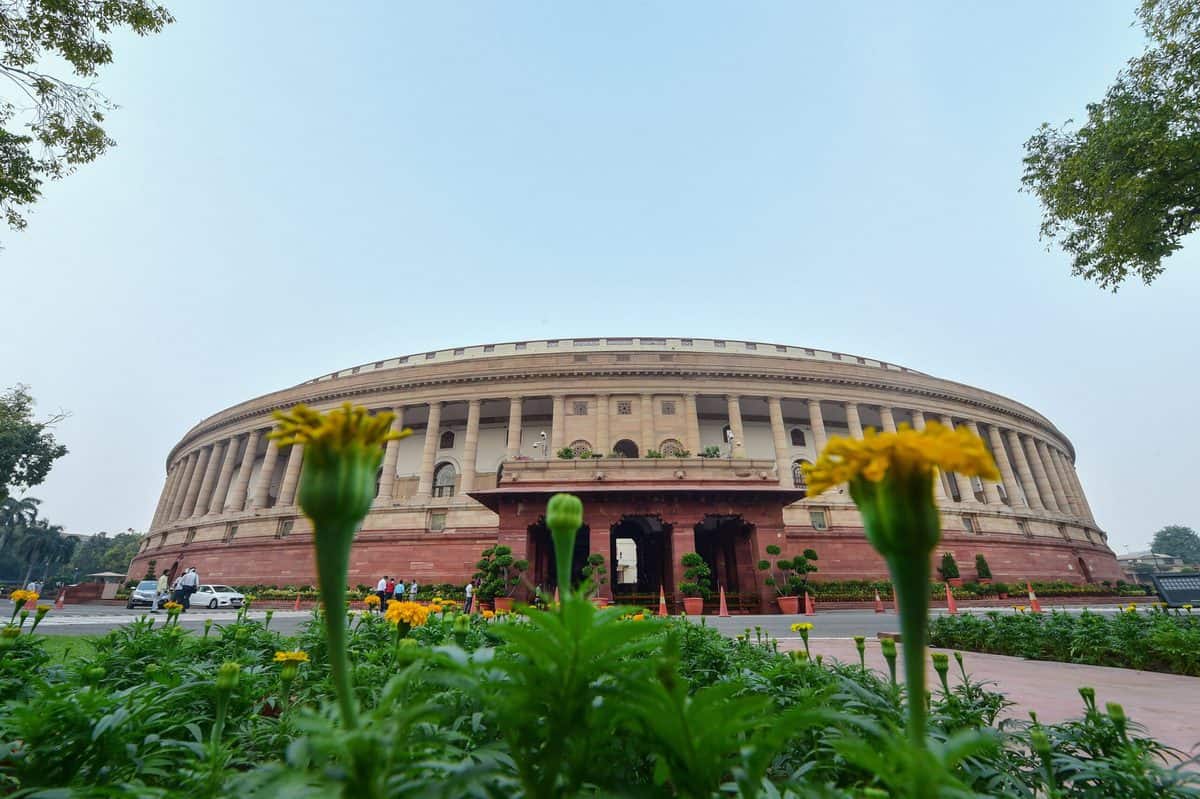On Thursday, the BJP’s oldest ally—the Shiromani Akali Dal pulled out its lone minister Harsimrat Kaur Badal from the government against the three agriculture reform bills that were introduced in the Parliament early this week. It also said that it would review ties with the ruling party in view of the opposition received from farmers, especially in Punjab and Haryana.
The three bills—the Farmers (Empowerment and Protection) Agreement of Price Assurance and Farm Services Bill; the Farmers Produce Trade and Commerce (Promotion and Facilitation) Bill; and the Essential Commodities (Amendment) Bill were passed in the Lok Sabha amid protests and an opposition walk-out. The bills will next be tabled in the Rajya Sabha.
Akali Dal president Sukhbir Badal said that the party was never consulted on the ordinances and that Harsimrat had told the government about farmers’ reservations. Farmers in Haryana and Punjab have been agitating against the ordinances from July. The party has decided to vote against the Bills.
The government says the proposed laws are meant to help small and marginal farmers. However, the bills have triggered massive protests in agriculture-dependent states of Punjab, Haryana, Uttar Pradesh and Telangana, where farmers fear the loss of livelihood. Why there is opposition—from the farmers and the State governments alike—for these farm reform bills?
Encroaches upon State’s powers
The provisions of the ordinances will over-ride all State Agricultural Produce Market Committee (APMC) laws. Since agriculture and markets are State subjects, as enshrined in the Indian Constitution, these ordinances can be seen as a direct encroachment upon the functions of the States against the spirit of cooperative federalism.
The Centre, however, argued that the trade and commerce in food items is a part of the concurrent list, thus giving it constitutional propriety.
No Minimum Support Price for Farmers?
The Farmers Produce Trade and Commerce (Promotion and Facilitation) Bill seeks to give farmers the choice to sell their produce at competitive prices anywhere in the country. According to the government, the bill aims at creating an ecosystem where farmers and traders enjoy the freedom of choice relating to the sale and purchase of farm produce. This will facilitate remunerative prices through competitive alternative trading channels to promote efficient, transparent and barrier-free inter-state and intra-state trade, says the government.
The bills have stirred protests because farmers fear they will no longer get paid at the Minimum Support Price (MSP) and commission agents fear they will be hit. States like Punjab and Haryana also fear losing revenue because they cannot collect “Mandi fees” if farmers can sell their produce anywhere.
Opposition parties the bills are “anti-farmer” as the agriculture sector will be left to the fate of corporate interests. To the Centre’s “one nation, one market” call, the opposition sought “one nation, one MSP.” Bharatiya Janata Party National President JP Nadda, however, assured that the MSP system would stay.
No price fixation mechanism
The Price Assurance Bill, while offering protection to farmers against price exploitation, does not prescribe the mechanism for price fixation. Thus, the apprehension that the private corporate houses could be given a free hand leading to exploitation of the farmers is on the rise.
Contract farming is a concept that is not old to the country’s farmers—informal contracts for food grains, formal contracts in sugarcane and poultry sectors are common. The apprehensions are about the formal contractual obligations owing to the unorganized nature of the farm sector and in case of legal issues, lack of available resources.
Issues of food security
Punjab Chief Minister Amarinder Singh, on the easing of regulation of food items said that it would lead to exporters, processors and traders hoarding farm produce during the harvest season when the prices are generally lower and releasing them later when the prices increase. He said that it could undermine food security since the states have no information about the availability of stocks within. Critics anticipate irrational volatility in the prices of essentials and increased black marketing of farm produce.

